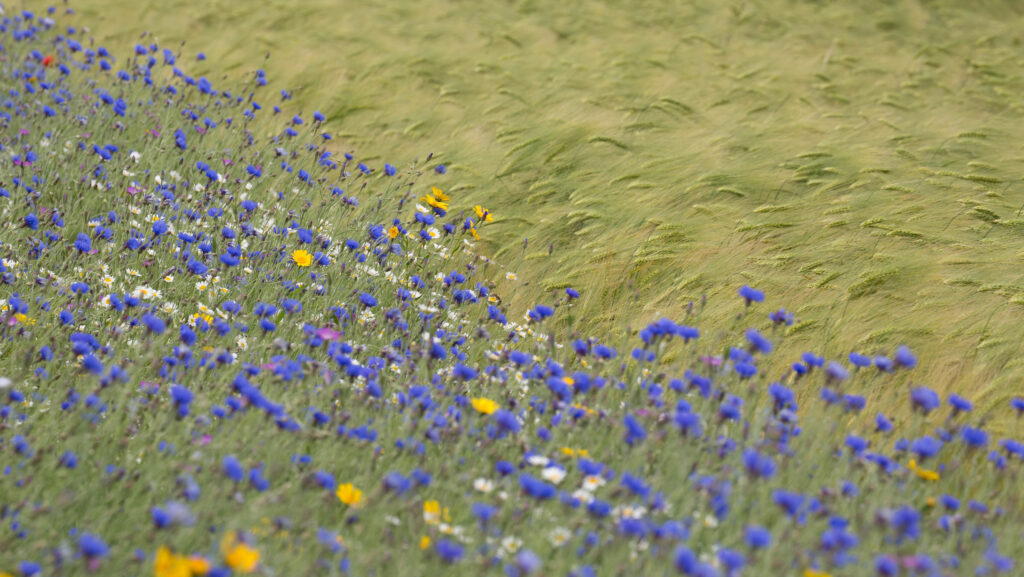Food production at risk due to climate targets, study finds
 © Tim Scrivener
© Tim Scrivener Food production in the UK could decline by up to 25% if the most ambitious climate targets are enacted, according to a report by Natural England.
The government agency has published its Agri-Environment Evidence Annual Report, providing a summary of recent projects and information around uptake in schemes, impact, delivery and land use.
It found there was a strong trade-off between food production and emissions reduction, and stated that a decline in food production would be “unavoidable” under climate change mitigation measures.
See also: How SFI might affect food production this year
A number of different land use scenarios were studied by Natural England, which found those with the best outcomes for reducing greenhouse gas and increasing bird populations also led to the biggest drops in food production.
The report said: “Mitigation measures within the food system are thus needed to ensure that this does not result in offshoring of environmental impacts via increased food imports.
“Ambitious combinations of measures including reducing food waste, using arable land to grow crops for direct human consumption rather than livestock feed, and increased productivity on remaining farmland, could fully mitigate expected reductions in food production.”
Agriculture’s 2050 net zero goal and the government’s 25-year Environment Plan of establishing an additional 500,000ha of habitat were both also forecast to impact domestic food production.
The report found no scenarios which delivered reductions in greenhouse gas emissions or increased bird populations without large reductions in food supply.
However, it was noted that farmland-associated bird species would lose habitat if land was taken out of food production.
